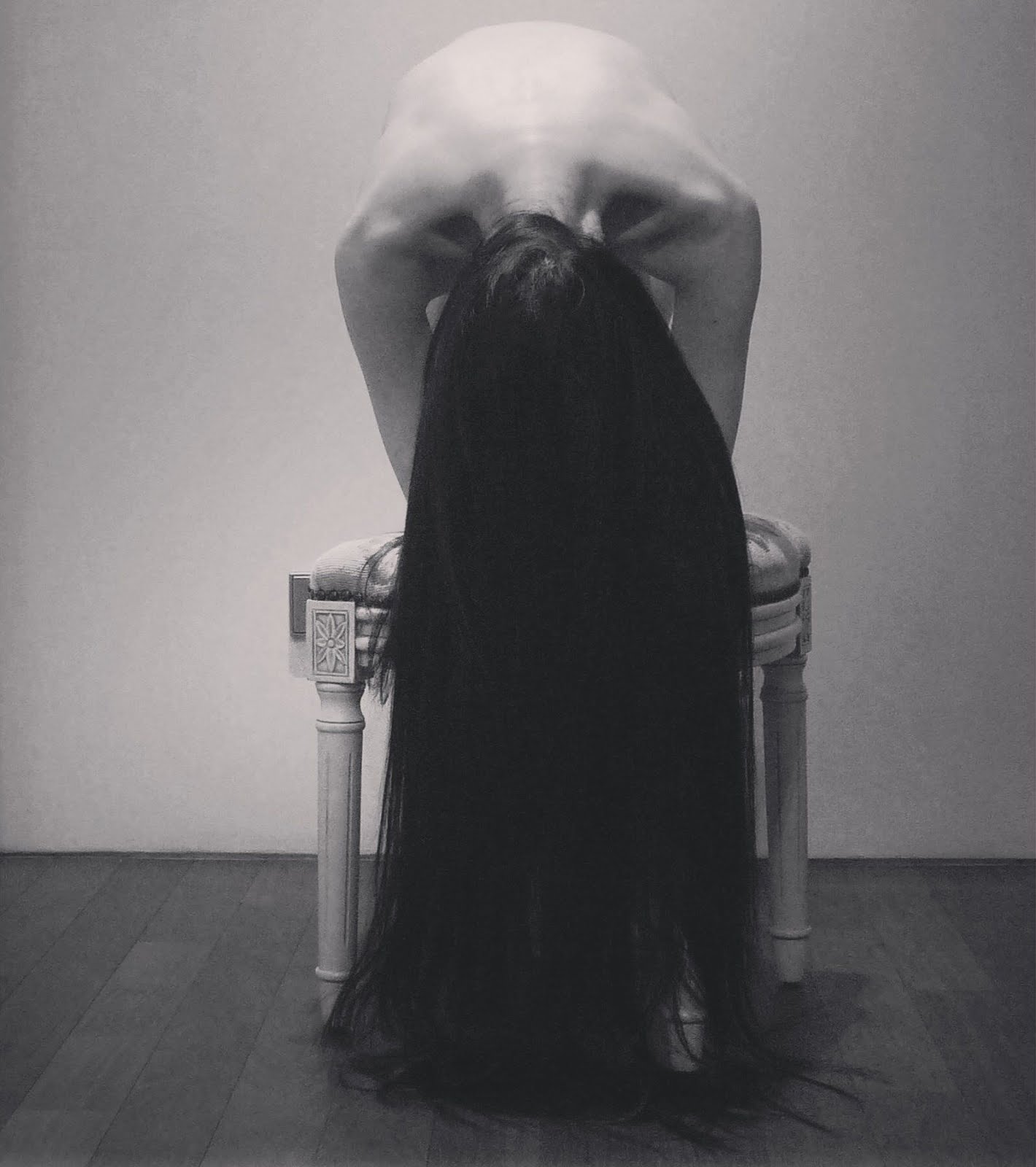I sigh not, while thou art my soul! Fair one, thou art to me
A golden cup, with water filled of immortality.
I sit me down, that over me may fall thy shadow, sweet;
Thou art a gold-embroidered tent to shield me from the heat.
First hear my fault, and, if thou wilt, then slay this erring man;
Thou hast all power; to me thou art the Sultan and the Khan.
Thy waist is like a cypress-tree, sugar thy tongue, in sooth;
Thy lip is candy, and thy skin like Frankish satin smooth.
Thy teeth are pearls and diamonds, the gates of dulcet tones;
Thine eyes are gold-enamelled cups adorned with precious stones;
Thou art a rare and priceless gem, most wonderful to see;
A ruby rich of Mt. Bedakhsh, my love, thou art to me.
How can I bear this misery, unless my heart were stone?
My tears are blood because of thee, my reason is o’erthrown.
A young vine in the garden fresh thou art to me, my fair,
Enshrined in greenness, and set round with roses everywhere.
I, like the love-lorn nightingale, would hover over thee.
A landscape of delight and love, my queen, thou art to me!
Lo, I am drunken with thy love! I wake, but my heart sleeps.
The world is sated with the world; my heart its hunger keeps.
What shall I praise thee by, when naught is left on earth, save thee?
Thou art a deer, a Pegasus sprung from the fiery sea!
Speak but one word, to say thou art Saïat Nova’s* love,
And then what matters aught to me, in earth or heaven above?
Thy rays have filled the world; thou art a shield that fronts the sun.
Thou dost exhale the perfume sweet of clove and cinnamon,
Of violet, rose, and marjoram; to me, with love grown pale,
Thou art a red flower of the field, a lily of the vale!
___________________
*An Armenian minstrel often weaves his name into the last stanza of his song, in order that he may be known as its composer. The same peculiarity appears in the next poem.
~“Love Song” by Sayat-Nova, translated into English by Alice Stone Blackwell
 |
| Sergei Parajanov's muse, Georgian actress Sofiko Chiaureli, in his 1968 film The Colour of Pomegranates. |





